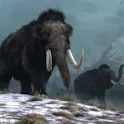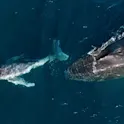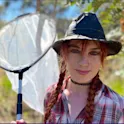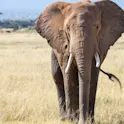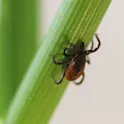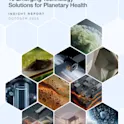
Frontiers news
15 Oct 2025
Frontiers and World Economic Forum unveil top technologies to accelerate global climate and planetary health solutions
The World Economic Forum and leading open science publisher Frontiers today launched the inaugural 10 Emerging Technology Solutions for Planetary Health report, a landmark publication spotlighting ten breakthrough innovations that could accelerate global efforts to tackle climate change, restore ecosystems, and build long-term resilience. These technologies offer scalable, science-based solutions to help society operate within planetary boundaries and foster a more sustainable relationship with Earth's systems.

